2021 wasn’t all bad. Joe Biden became president of the United States. Israel and Italy got better governments. Spain took a step in the right direction for Catalonia — but a step in the wrong direction on labor policy. Political fragmentation didn’t weaken Germany. The Netherlands scored a little-noticed antitrust victory in Brussels.
Here are the best Atlantic Sentinel stories of the year.
What Biden Should Prioritize in His First Term
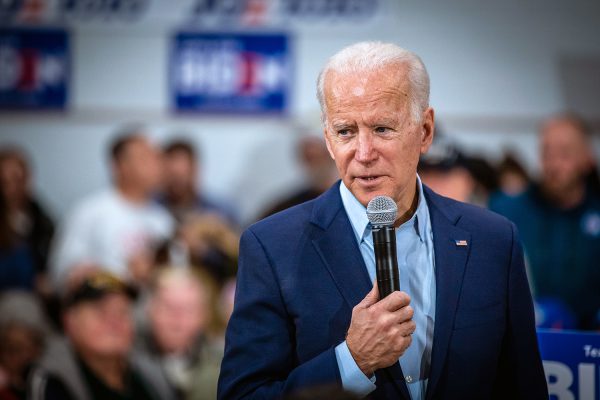
Beyond alleviating the COVID-19 pandemic, I argued in January the Democrat’s first-term goal should be to revitalize the American Dream.
Specifically, by making child care and higher education more affordable, lowering medical costs, defining “gig economy” workers as employees, making it easier to start a business, investing in the green economy, raising the minimum wage and taxing capital gains as ordinary income.
Many of these proposals made it into Biden’s three “build back better” laws, the first two of which (for COVID recovery and infrastructure) have passed Congress. Read more
Be Careful About Bringing Back Big Government

The pandemic threatens to rehabilitate big government. I’m not as anti-statist as I used to be, but I still often find that problems are aggravated, or even caused, by well-intended government interventions. In this article, I look at labor policies, housing, infrastructure and nationalization in Europe and the United States. Read more
America Needs a de Gaulle
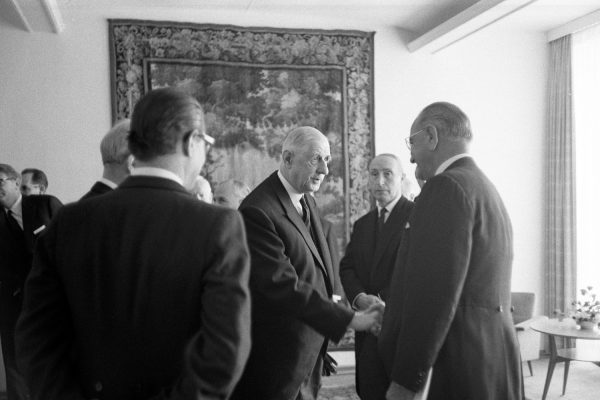
The reason I started the Atlantic Sentinel thirteen years ago was that I thought Americans and Europeans had a lot of learn from each other. I still do.
Beyond making policies that provide concrete benefits to voters, Biden’s challenge is to define a new American center: somewhere between the woke extremism of the left, which would ban books and defund the police, and the neofascist extremism of the right that attacked the Capitol on January 6.
A European statesman did it before. General Charles de Gaulle’s great accomplishment was to reconcile the French left to patriotism and the French right to democracy; just what America needs today. Read more
Draghi Understands What Italy Needs
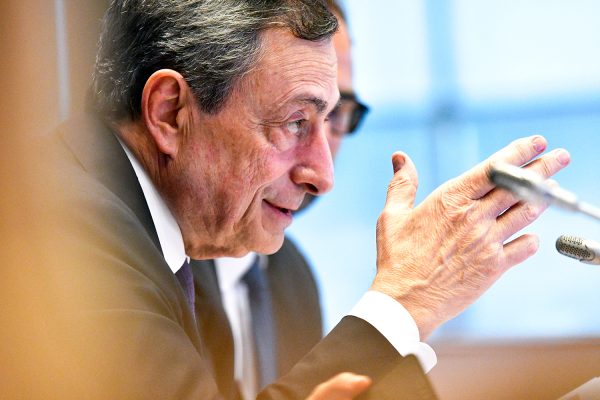
I’m wary of “strong” leaders, and warier of the people who want them, but Italians tend to take things to the other extreme.
Mario Draghi is a welcome exception. He is a serious leader with authority to close the gaps in the Italian labor market, between men and women and between contractors and employees; digitize Italy’s public administration; expand broadband internet and high-speed rail, which could help mend Italy’s north-south divide; simplify the tax code; and speed up the courts. Read more
Netanyahu’s Rivals Must Do Deal with Arab Parties
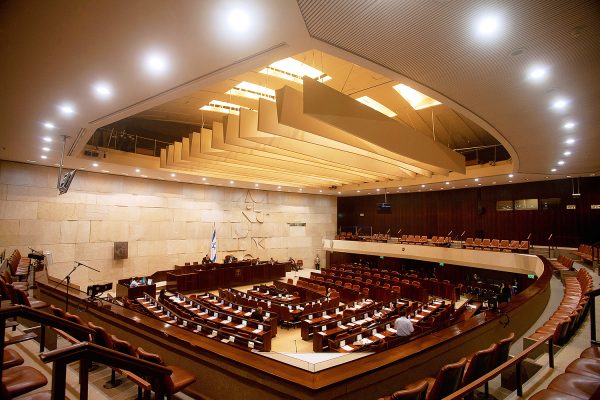
Before the election in March, I called on Benjamin Netanyahu’s opponents to unite. The Israeli prime minister had been indicted on three charges of bribery and fraud, disparaged journalists who wrote about the stories, vilified prosectors and judges, politicized Israel’s vital relationship with the United States and neglected relations with Europe. He had to go.
The only way to form a majority against him was for the left, the pro-settler right and parties representing Israel’s 20-percent Arab minority to team up.
For the first time ever, they did. Netanyahu was defeated. The parties remain in power. Read more
Labour’s Problems Go Deeper Than Starmer
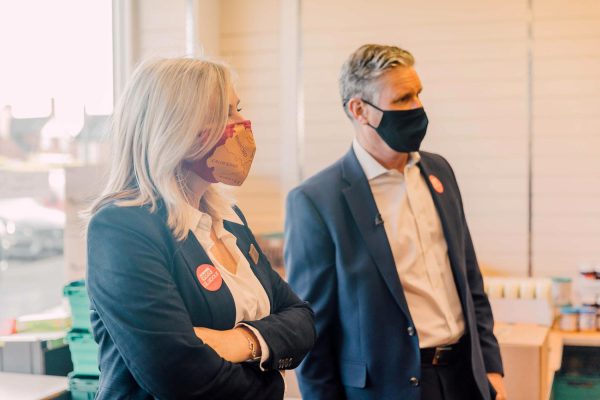
Britain’s Labour Party can no longer blame Jeremy Corbyn for its problems. Now its challenge is the same as the center-left’s everywhere: reinvent social democracy for the twenty-first century. Read more
What Sánchez Should Do Next for Catalonia
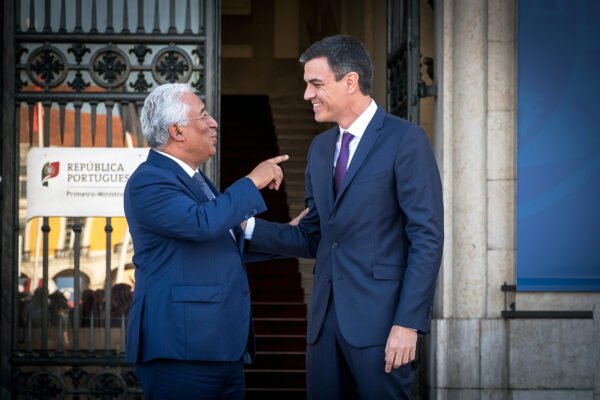
Spanish prime minister Pedro Sánchez was right to pardon the nine Catalan separatists who organized an unsanctioned independence referendum in 2017. He hasn’t done more to convince Catalans they still have a future in Spain.
He should start by withdrawing the arrest warrants of the fugitive independence leaders, including former regional president Carles Puigdemont. Then complete the transfer of competencies Catalonia was promised in 2006, but which previous, conservative governments delayed: in labor law, maritime rescue and universities.
Responsibility for health care, infrastructure, law enforcement and social security is “shared” between regional and national authorities. Sánchez should devolve most of it to Catalonia, and give the region the same tax powers as the Basque Country. Read more
Repeal of Spanish Labor Reforms Is Unwise

Less wise is Sánchez’ reversal of the labor reforms his center-right predecessor undertook. I took a deep dive into the reforms, their effects and why the arguments against them are wrong. Read more
Damned If You Do, Damned If You Don’t: EU Climate Edition
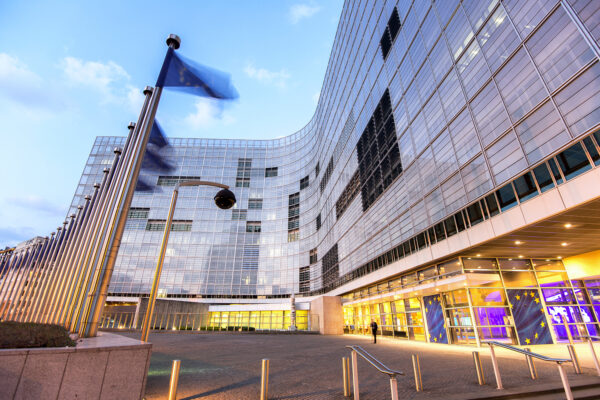
Environmentalists for years hectored the EU for not doing enough to fight climate change (when it is doing more than the world’s other major economies).
Now that it has proposed to force other nations to copy its standards or lose access to the European market — as part of its ambition to reduce net emissions to zero by 2050 — the bloc is accused of “neocolonialism”.
Talk about being damned if you do and damned if you don’t. Read more
European Defense: If Not Now, When?
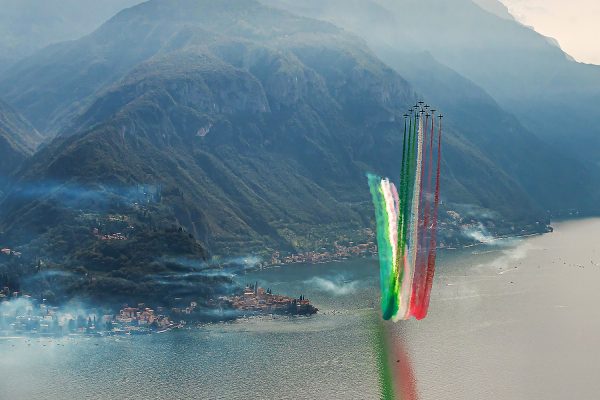
Trump may be gone, but so is pre-Trump America. The exclusion of Europe from a Pacific pact of English-speaking nations, and the cancellation of a contract to build French submarines for Australia, argue for a European defense. Read more
Political Fragmentation Hasn’t Weakened Germany
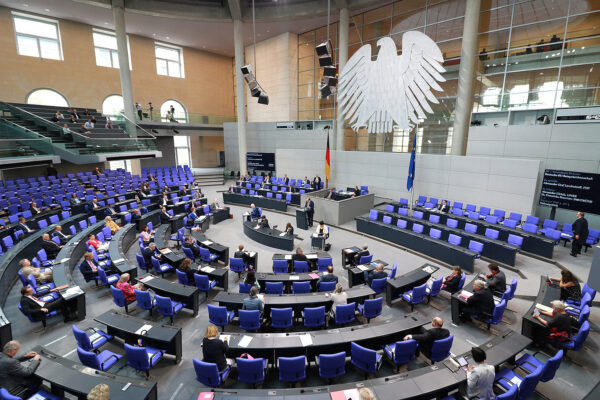
The outcome of the federal election in Germany spooked American and British observers. A divided Bundestag would “complicate” politics, they warned; stifle “decisive action” and “stable” government. Yet not even three months later, a coalition government was formed, the most ambitious in decades.
Anglo-American apprehensions about multiparty democracy were once again unwarranted. Read more
Commission Sides with Rutte over Macron on Industrial Policy
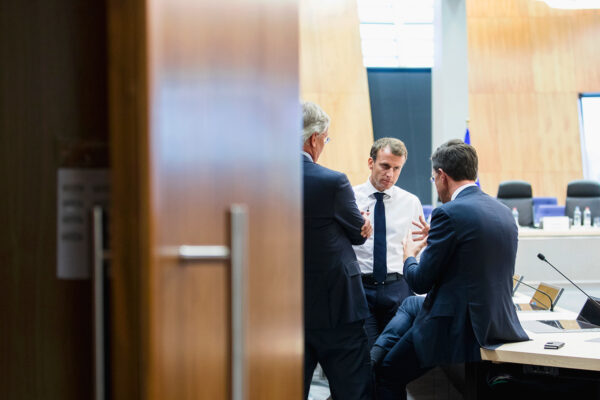
Underreported in Dutch- as well as English-language media, even though France and Germany seldom lose a battle in Brussels.
Emmanuel Macron and Angela Merkel both wanted the EU to relax its antitrust laws in order to enable bigger mergers and more state aid. Dutch prime minister Mark Rutte led an alliance of Central and Northern European member states against the plan — and won. Read more
